During this last year, a lot has happened in the Magic: The Gathering universe, and many topics have been addressed by content creators and the community. But one of them gained notoriety this week following the Bank of America's report: Hasbro's perpetual product release throughout this year.
However, things aren't as simple as the Internet makes it seem: the report is dubious, which has led to a polarized interpretation of its content. Amidst this cacophony, our only two certainties are that product burnout exists, and that maybe it's time for each player to reassess their relationship with Magic.
Ad
On product burnout and perpetual hype
Magic "Burnout" has been a common theme about the game this year: Wizards has, in 2022, released four standard sets so far (all featuring Collector Boosters, Set Boosters, Draft Boosters, Commander Decks, and The Brothers' War also has the JumpStart Boosters), one Un-Set, four supplemental sets (counting JumpStart 2022, which comes out December 2nd), three Commander-exclusive products (two containing a total of five decks each), seven supplementary Alchemy/ Historic in Magic Arena, two Challenger Decks, a casual product (Game Night), a special 30th anniversary product, and 48 Secret Lairs, which can reach 50 if they announce another Superdrop in December.
If we consider all categories within each new release, 95 different products came out in 2022, not counting cosmetics like Chandra's glove, or the pins and other accessories, which were on sale throughout the year.
Earlier this year, very shortly after Kamigawa: Neon Dynasty was released on the tabletop, Wizards announced it would reveal the first previews for Streets of New Capenna during the WeeklyMTG program. The decision already seemed rushed anyway, but not only did the company reveal the first spoilers that week, it also presented the most important card cycle of the new set: the Triomes.
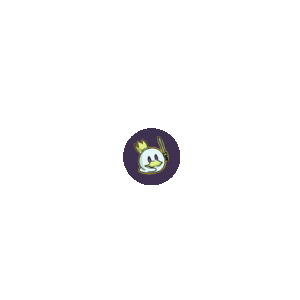
The result on social media was clear, the course of affairs and debate there has shifted from how strong The Wandering Emperor was to being about "we'll have the full Triome cycle to play with the fetch lands" and/ or speculations about New Capenna's crime families, about new basic lands with extended art, or even whether if Capenna was a region on Alara. Everyone went aboard the new hype train. Neon Dynasty? The set released a week ago, and perhaps the most powerful Standard set in 2022? It was already in the past!
This was the marketing model Wizards adopted for its products all year round, and not just for players: while a set was on preorder in stores worldwide, LGS already received an email on the release week with announcements of the next product.
A common argument in defense of the company is that not all products have the same target audience and not every new set is for everyone, and a person who plays mostly Standard won't be interested in Commander products, and perhaps the Pioneer Challenger Decks won't attract them. Likewise, a player will be much more interested in a Set Booster than a collector, who might prefer Collector Boosters, with slots dedicated to foils and alternate versions. Although coherent, this argument ignores the singles, a product which most players tend to look for in marketplaces.
There is also the Secret Lair issue — they are "luxury" products, collectibles, aimed at players who want exclusive versions of cards for their decks or people who really seek to collect everything in the game, not to mention their use to attract audiences from other franchises through the Universes Beyond. But when you release a batch of them quarterly, the "special product" isn't that special anymore, and loses its purpose when 48 of them come out in a single year.
Ad
And in the midst of this unbridled whirlwind of news, there are two categories who cannot afford to choose which products are for them and which are not. The first are retailers, who need to have most releases available in their stock to meet the demand in their region and/or guarantee their singles. If you have a Magic community to manage, you need to offer what's new and be ready to search for specific cards for your customers, there are rare times when a store can afford to say no to the next set.
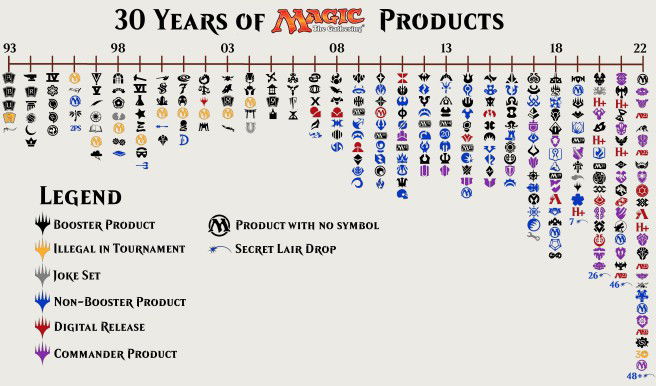
The other category would be content creators.
To remain relevant on social media, there is a need to keep up with the hype train and always seek the latest news, regardless of the importance of the product that has just passed and the impact it may have within the game.
It is necessary to be aware that, in a few weeks, new cards will be released that will have to be analyzed and "current best deck in the format" will no longer be the best when such a card announced in the new set, which launches in 45 days, will change everything — there's no more time to ponder what's happening in the present and think about today because the content creator needs to deliver what their audience wants, and most audiences tends to care about what will come out tomorrow.
And for both categories, being aware of all the news when they keep coming is exhausting, in addition to bringing the feeling that no one, from players to retailers to content creators, is properly managing to enjoy the product the new product who just hit the shelves.
The Bank of America report controversy
Last Monday was very long for Magic: The Gathering after Bank of America released a report which downgraded Hasbro's investment safety due to the company's conduct with the game, supposedly killing its "Golden Goose" by destroying its long-term value through excessive card printing.
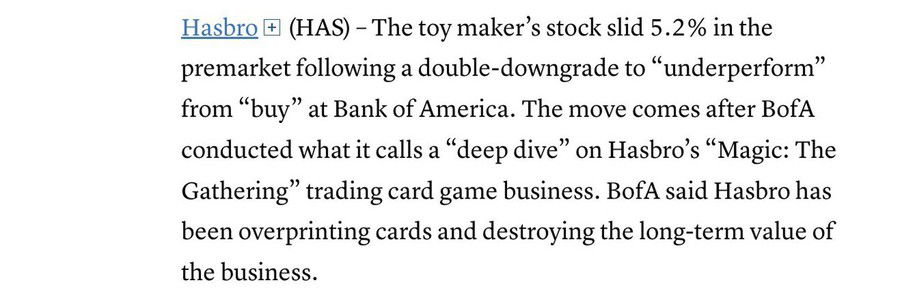
A portion of the community and influencers went into euphoria. And yes, I'm included in that installment, after all, it's been a long time we've been talking about how the unbridled race to release the most products in the shortest amount of time undermines Magic's experience for a dozen reasons, but the reality, pointed out in details by Rich Stein for Hipsters of the Coast, shows that things aren't as simple to the point the institution was, in fact, agreeing with the recurring assertions that launching too many products is bad.
Both because of the way it was published and because of the immediate repercussions that social networks demand, each person interpreted what they understood from the report since it points towards distinct directions, conveniently emphasizing the points that best fit their personal bias.
Ad
Yes, it says one of the problems with the game today is Hasbro's attempts to capitalize on increased demand by offering more product in a shorter release window in pursuit of short-term gains, disregarding how it hurts the brand in the long run, and that there are players who can't keep up with all the releases and are opting for formats where older cards are available. And it also says there's concern about reprints diminishing the value of certain cards in the secondary market, after all the game is also a collectible, and there's less reason to treat Magic as an investment today than there was in the pre-pandemic world. But contrary to what people attempt to make it look like, one point in the report isn't supposed to cancel the other.
Rich Stein provided some good analysis and counterpoints to what many interpreted Jason Haas' analysis for Bank of America, and clarified some details in the report. However, he closes the article with the following statement:
“The author of the report is betting on investors, and Wizards seems to be betting on players.”
- Rich Stein
While Jason Haas is notoriously looking at the game from the perspective and ambition of an investor and shareholder, the binary idea that Wizards is "on the right side of history" since what investors want isn't a noble cause is ignoring a harsh reality: Hasbro is a company, and Magic: the Gathering is a product to be sold, and it has never been as commercial as it is today.
Yes, Wizards invests in players, after all, they are the ones who consume each new release, and their offer in recent years has been so incessant to the point some say they see it as a deliberate act of exploiting the worst symptoms that a game can have in the human mind, such as ludomania and fomo (the fear of missing out). If that's the image the company conveys when it announces a new set, promotional deck, or a $1,000 anniversary edition, there's no way to say it's investing in a mutually beneficial relationship with its loyal player base.
Whether we agree with Jason Haas' perspective, or Rich Stein's article, or both, with or without the Bank of America report, it's clear there is something wrong with how Hasbro has been managing Magic: The Gathering, and it's likely that this report leads to some changes for the 2024 release window as the company cares about their shareholders, be it a decrease in the number of products per year, or the number of reprints present in them. Or maybe both, or neither.
It's time to reassess our relationship with Magic
This is the last pertinent point to address today, and where I will also need to make things a bit more personal. The game has changed, and at such a pivotal moment in its history, it's the best opportunity we have to assess just how healthy our relationship with Magic is.
My experience with the game has improved a lot in the post-content creation era, starting in 2020, because it has allowed me to distance myself from the "addictions" of a player to look at facts, releases and other elements with a bit more of skepticism, and the consequence to get used to a more distanced perception is to have to give up many of our own convictions.
Ad
Maybe, as a player, I would have already given up on Magic for being unable to keep up with its release schedule, or perhaps I wouldn't be as accepting of the Universes Beyond series as I am today. Maybe, I would also've hated Alchemy as a format like a huge portion of social media hates it, and I would have possibly put the game aside since, based on these said convictions, I would've thought Magic had become a "joke". Unfortunately, there is this recurring evil in Magic of everyone thinking that everything needs to be done, built and released to please their personal tastes while disregarding the "macro" of these situations.
But "looking at things from a distance" leaves room to ponder what happens before opening Twitter to comment on something related to the next big thing — and of course we could argue about how social media has made us more anxious and angry, but let's stick to the main issue — and that involves accepting reality before talking about it. After all, if our wishes trump the facts, then we are looking for any excuse to confirm what we want to believe all the time, which prevents us from having tangible discussions about things that really matter.

It's undeniable that Magic is changing, and it's not going to stop. For better or for worse, Hasbro has broadened the scope of which audiences the game aims to reach, and it's natural that not every change is going to feel pleasant. But we are small, minuscule, each one of us is a grain of sand in the huge community that plays and consumes the game offered by them. We can be vocal, criticize, share our heartbreaks and anxieties about the future, but ultimately, we are not the ones making the decisions.
So, this is a moment where we can reassess our relationship with Magic: The Gathering. Perhaps, for a part of the community, this might be the moment to say goodbye to the game, to understand that their interests do not match those of the company behind its production and there is nothing wrong with seeking new entertainment that is less mentally exhausting or disappointing as Magic has been for them for not being what these people wish it were.
In the end, our relationship with Magic as a culture, brand and, above all, a hobby needs to be healthy, and it is up to each of us, in our personal scope, to assess whether it is still being healthy to remain in a game while it takes directions that a portion consider bad. We're not chained to it, and look, there's a lot of fascinating stuff going on in the world out there.
So, the question I leave for the end of this article, and one that shouldn't be answered for me, but for yourselves, is: Are you still having fun with Magic?
Conclusion
Magic continues to change, and the Bank of America report is just one more step in a controversial topic that has pervaded the game since shortly before the pandemic. The feeling was already strange when they announced the first batch of Secret Lair, and it has only solidified over the last few years. It is also clear that the game will never be the same, and if we don't like the way things are going, perhaps the best choice is to end this relationship.
Ad
Next week I will be on vacation. I'll be back in early December for the retrospective season, and I'll be bringing content from other themes and games as well. If JumpStart 2022 brings good news to Pauper, you can expect a set review as well.
Thanks for reading!
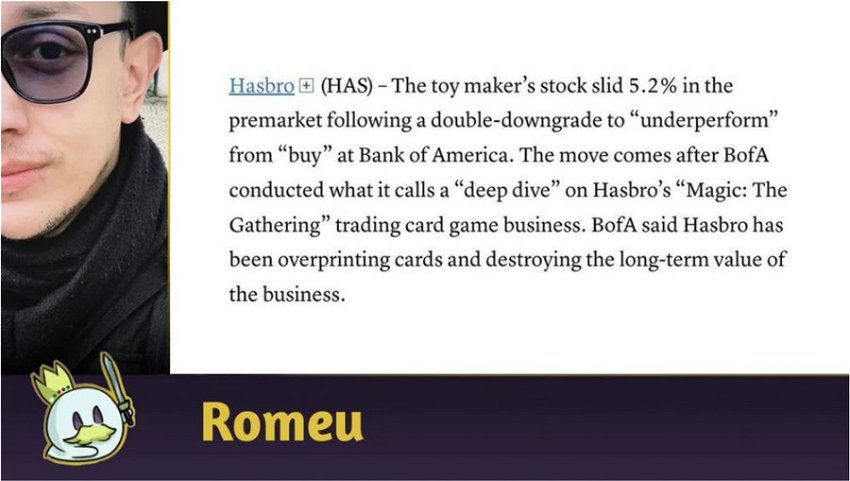


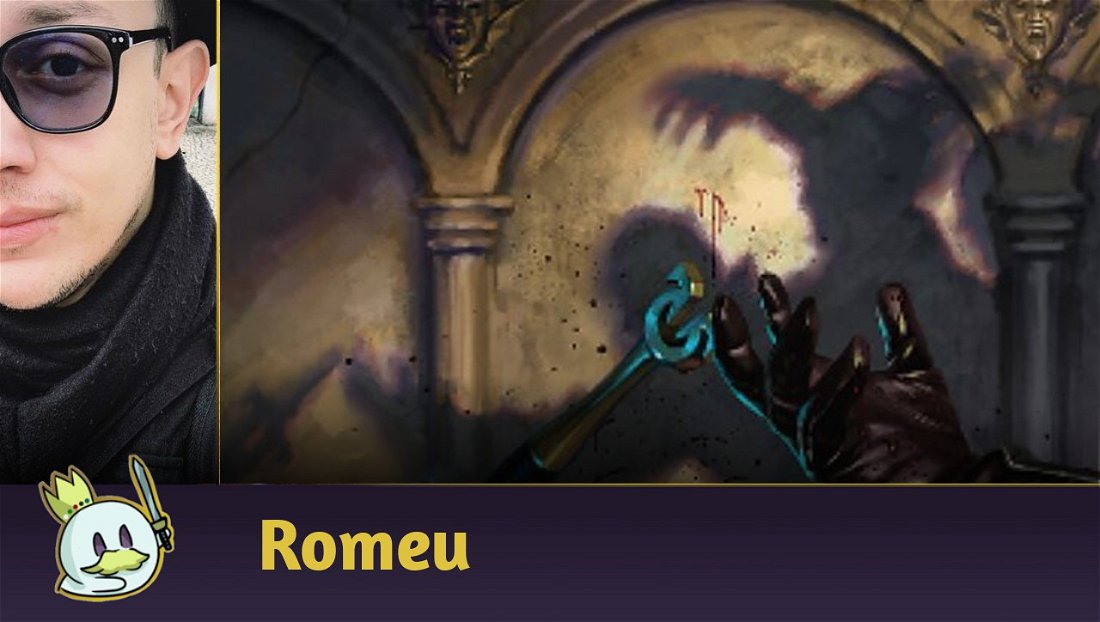




— Comments0
Be the first to comment